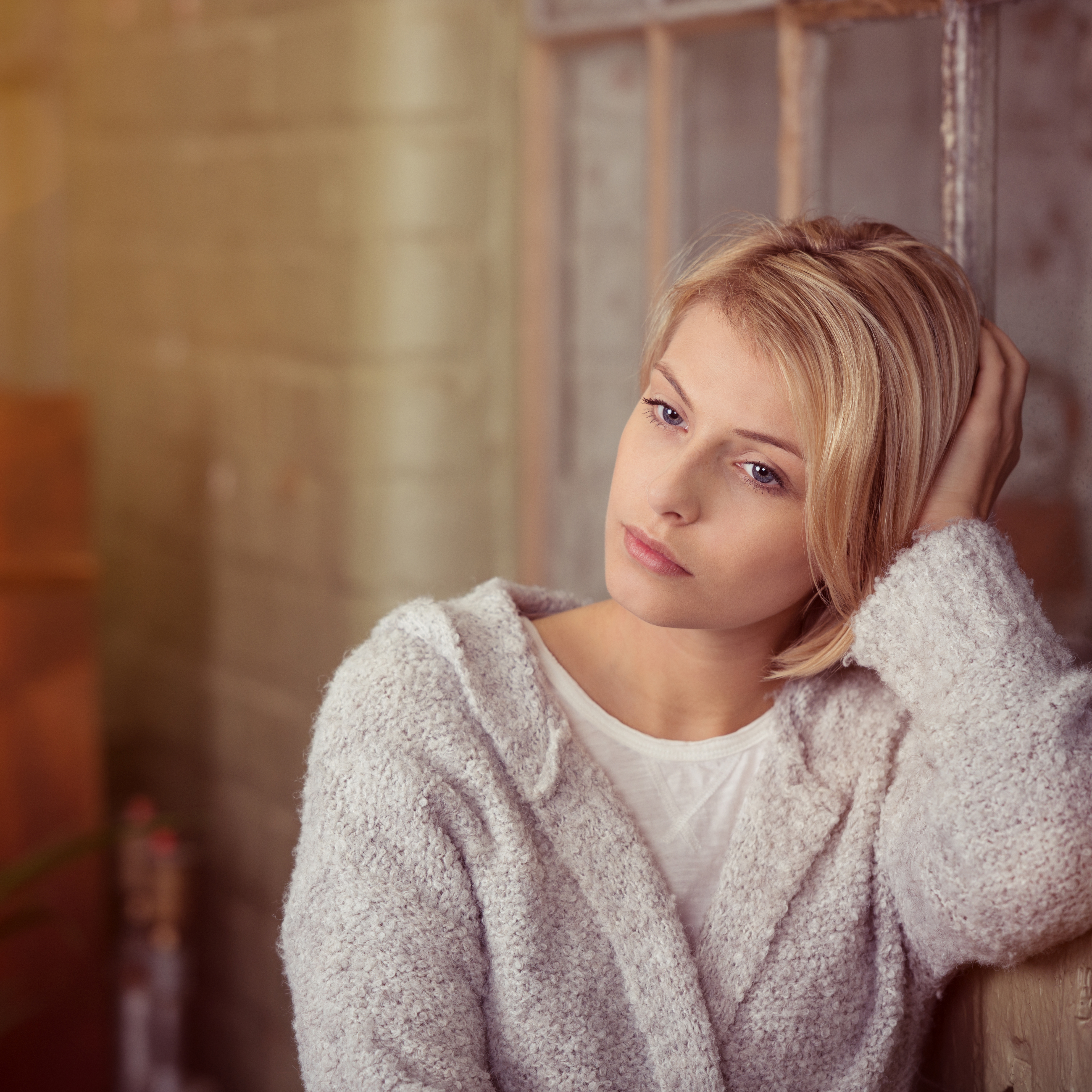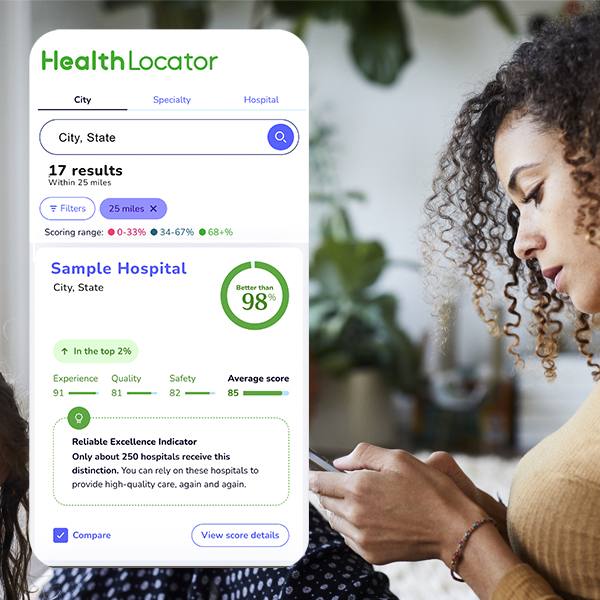-
Risk of Shingles Increases with Age, but Vaccine is Available
Risk of Shingles Increases with Age, but Vaccine is Available
February 12, 2010
Dear Mayo Clinic:
I had chickenpox as a child, and about seven years ago I had shingles. I will be 80 years old soon and am wondering whether or not I should still get the vaccine to prevent shingles. What are the risks of getting the vaccine? Can I get shingles again?
Answer:
Once you've had chickenpox, the virus (varicella-zoster) that causes it, remains in your body for the rest of your life. That virus can be reactivated at any time, causing shingles. Having one episode of shingles means you may have another episode. The Centers for Disease Control and Prevention (CDC) recommends that adults age 60 and older who have had chickenpox get the shingles vaccine, whether they've already had shingles or not.
Basically, shingles is a localized form of chickenpox. When you get chickenpox, you develop a rash all over your body. Even though chickenpox is usually itchy and uncomfortable, most people recover without any trouble. But after the rash disappears, the virus remains and hides in the body's nerve cells.
As a person grows older or when the body is stressed — sometimes because of another infection or perhaps due to medications that suppress the immune system — the varicella-zoster virus can be reactivated. Because you have some immunity against the chicken pox virus, rather than getting a whole body rash again, you get a rash just in the areas supplied by the nerve where the virus is activated.
Shingles typically involves a bandlike rash on the chest, back or face that is usually quite painful. Most people recover from shingles in a few days, but a small number develop severe pain along the nerve that was irritated when the virus reawakened. This lingering pain (postherpetic neuralgia) may last for weeks to months after the shingles episode, and it can be severe and very difficult to treat.
The shingles vaccine is recommended for people 60 and older because that population has an increased risk of developing shingles. As we age, our immunity to chickenpox decreases, thus increasing the chances of the varicella-zoster virus becoming reactivated. The shingles vaccine usually prevents that reactivation.
The vaccine isn't a guarantee, however. The risk of getting shingles is reduced by half but not eliminated completely. Some people develop shingles despite vaccination. Yet, even when it fails to prevent reactivation of the virus completely, the vaccine may reduce the severity and duration of shingles. The shingles vaccine is most effective in people between 60 and 64 years old; it is less effective in people older than 64.
The shingles vaccine is a live vaccine, so there's a small risk that it could cause a disseminated infection, resulting in a widespread body rash. But the chances of that happening are quite low if a person has a healthy immune system. The vaccine isn't recommended for people who have a weakened immune system due to a medical condition or who are taking drugs that suppress the immune system. The most common side effects of the shingles vaccine are redness, pain, tenderness and swelling at the injection site and headaches.
If you get shingles again, it's important to recognize it early and consult with your doctor. Early treatment with antivirals reduces the chances that you will develop postherpetic neuralgia. The rash also should heal faster, with less scarring and less pain. Finally, remember that shingles is contagious. You cannot pass on shingles to others, but you can pass on the virus that causes chickenpox in people who haven't had it before. Getting early treatment will reduce the period of time that you're able to spread the virus to others.
— Priya Sampathkumar, M.D., Infectious Diseases, Mayo Clinic, Rochester, Minn.







